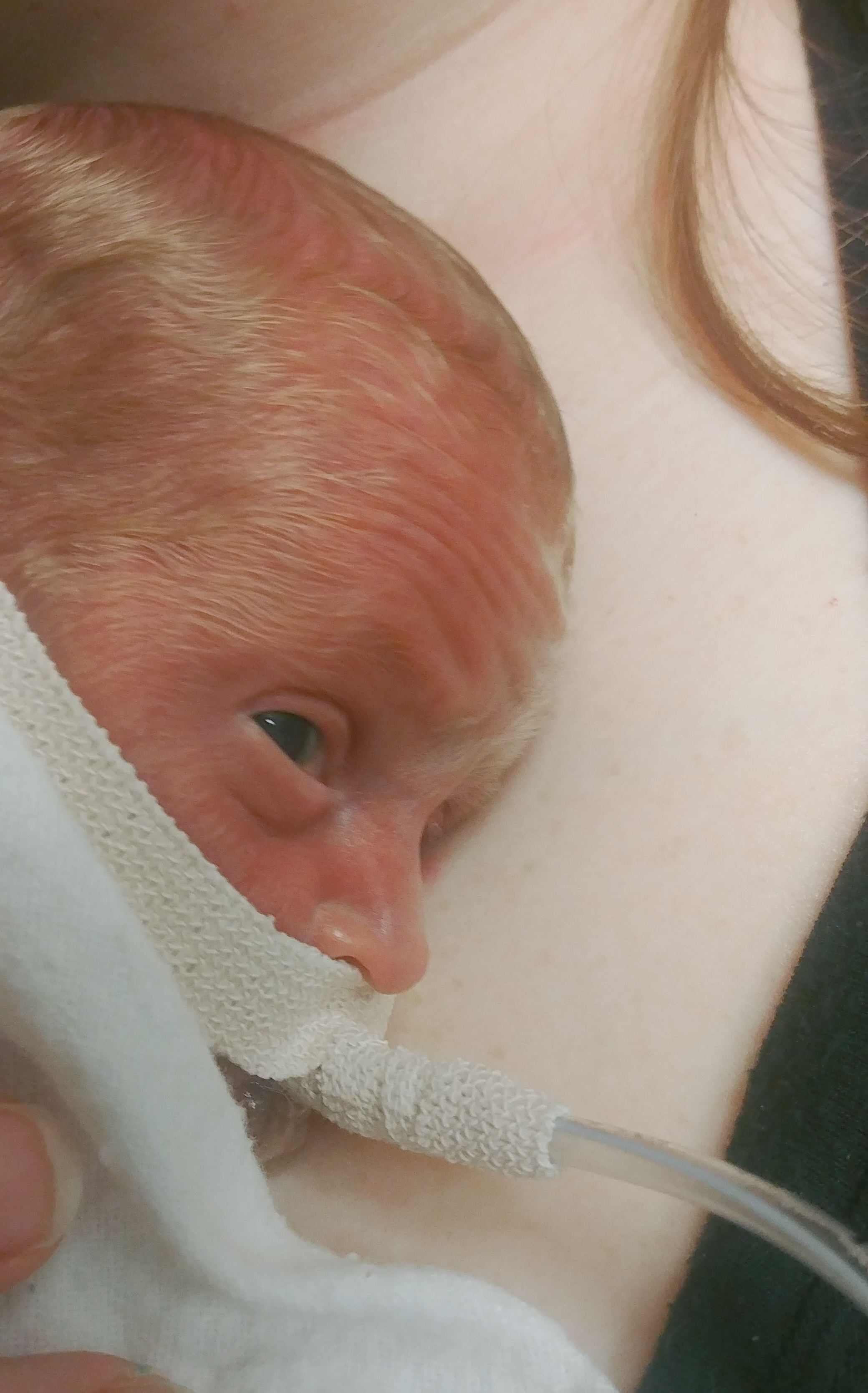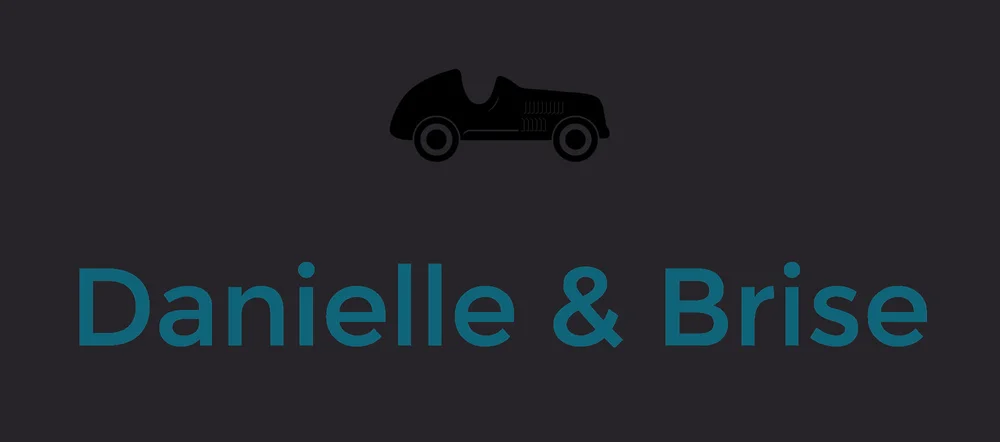Aubrey has grown very quickly. On the day he was born, he weighed 960g (2lb, 2oz). That is about 1/2 the weight of a 2 liter bottle of soda. As of today, he weighs 1190g (2lb, 10oz), which is almost as heavy as the human brain! He has grown 0.75 inches longer and is now 15.25 inches long (which is slightly taller than a bowling pin).
Aubrey had our largest scare so far with the perforated bowel. We called on everyone we could think of for support and prayer. My favorite doctor, Dr. Hema, developed the scale of worry for me (1 being no worry - we won’t get any of those, Dr. Hema said), 10 being concerned the baby may not make it an hour). Aubrey was at a 6, went to an 8, had surgery, was at a 5 and is now at a 2). His bowel perforation has healed and the nurses can hear that they are functioning again Aubrey will start getting milk again tomorrow and his little incisions are now itty bitty scars. His medical team did a great job and we are so grateful for them.
Aubrey has also made great improvements with his breathing. He was intubated (on ventilator support, essentially, a machine that breaths for him) from the time he was born until December 15, so for 17 days. It is not unusual for a baby to go on and off a ventilator for a while, but Aubrey has stayed off of the support and has continued to make improvements on the CPAP. Over time, the doctors decrease the amount of oxygen and the pressure provided by the breathing support and Aubrey continues to be able to ween from the support bit by bit. Before the bowel perforation scare, Aubrey’s lungs bled a bit. The doctors had linked this to his PDA. Because the perforated bowel was an acute issue that needed immediate treatment, the doctors did not address the less worrisome lung issue. Now that Aubrey has grown and gotten bigger, his lungs have become stronger and there have been no more issues of blood in his lungs.
Aubrey still has the PDA, but treatment for a PDA is with a medication called indocine that can sometimes cause a bowel perforation. Because Aubrey has already had a bowel perforation, he cannot receive the indocine anytime soon. PDAs will often close on their own so we are hopeful that his has closed as he has grown and gotten stronger.

Aubrey’s brain ultrasounds have shown no issues except for a very tiny benign cyst that is of no concern. He will receive another scan at 37 weeks, which is standard for all babies.
Because of Aubrey’s surgery, he has only been held once, and by me. Holding babies is very important for them, even for premature babies. They call it Kangaroo Care and it is basically making sure as much of their skin touches as much of your skin as possible. It is beneficial for babies to be held by pretty much anyone, but most beneficial for them to be held by their mothers (because of hormones) and then fathers (babies can recognize the scent of their parents). Tomorrow, I am going to hold Aubrey again and I am so looking forward to it. THe time we have waited for Aubrey to heal has been absolutely necessary, but we have definitely spent much less time holding him and touching him. Unlike with Lydia and Finn, we haven’t changed Aubrey’s diapers, taken his temperature, or even held his little hand as much.
Aubrey is our baby that tolerates his care times the best, though. All of the babies are constantly monitored for numerous vital signs. The ones I can read are their heart rates, the breathing rates, and the concentration of oxygen in their blood. When their blood oxygen is above 95%, it’s called “high-satting” and when it’s below 85%, it’s called “low-satting.” With a ventilator or NIV, oxygen is being constantly provided to the baby. If too much oxygen is provided, it can cause vision problems and can prevent a baby from improving his ability to breathe on his own. If oxygen is too low, that can cause brain damage and make babies turn blue. While babies are so young, it is not unusual for them to have variations in their oxygen saturation where they high-sat and low-sat for short periods of time. Aubrey is our only baby who doesn’t low-sat during his care times (diaper changes, bandage changes, re-positioning, etc.)






